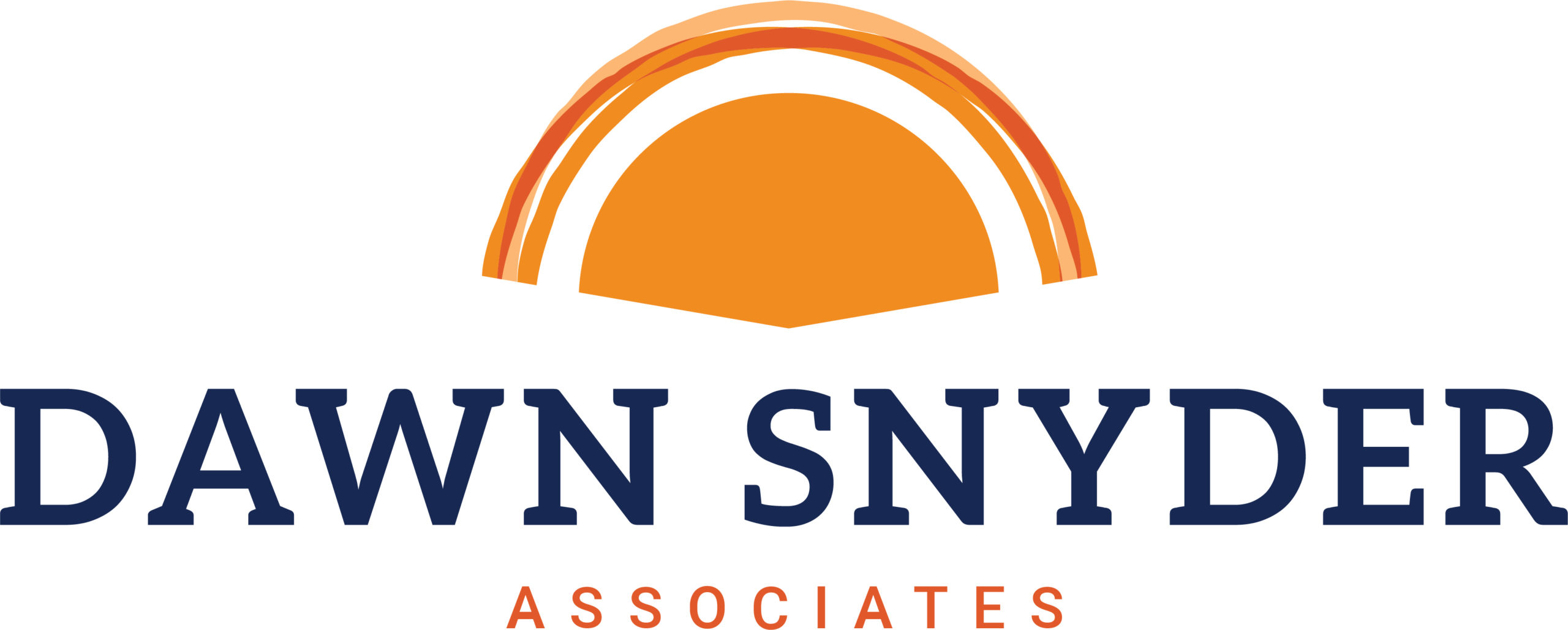The Gig Economy continues to grow. More learning and performance improvement efforts are being outsourced as freelance and contract-based work. The competition to gain these contracts is fierce, so some organizations are treating solutions as commodities and selecting vendors based on price, rather than demonstrated quality.
To be completely transparent, as a self-employed professional, I benefit from this trend of outsourcing. However, the commoditization of the solutions leaves organizations vulnerable in areas they may not have considered.
- The challenge of adapting purchasing processes to a solution-agnostic approach. A key differentiator in creating effective performance-focused solutions is performance analysis, which includes both gap and cause analyses. Solutions are best specified AFTER gathering information about the problem or opportunity. However, purchasing departments tend to prefer proposals that specify a solution—deliverables, milestones, and effort. This minimizes or eliminates the critical role of analysis and sets both the organization and the vendor partner on a journey of completing activities rather than having an impact.
- The need to build and maintain organizational knowledge. We know that much of the competitive intelligence in organizations is tacit, living only in the heads of employees. Although organizations are working to create knowledge management solutions to avoid the drain left by a reduced or retiring workforce, outsourcing analysis and project work related to competitive organizational performance fails to renew the organizational knowledge and insights gained from completing the project. This is the knowledge upon which best practices and innovation are built. The vendor partners who gain this knowledge by completing the project use it for their own purposes.
- Broken linkages between analysis and evaluation. If a request for proposal is based on felt needs and the analysis is just a pro-forma confirmation of the requested solution, it follows that the basis for designing and implementing an effective evaluation strategy is impacted. It doesn’t make much sense to conduct a comprehensive evaluation to show the business impact of a solution when the solution was not designed to target behaviors or accomplishments that drive performance.
- Broken linkages between analysis and evaluation. If a request for proposal is based on felt needs and the analysis is just a pro-forma confirmation of the requested solution, it follows that the basis for designing and implementing an effective evaluation strategy is impacted. It doesn’t make much sense to conduct a comprehensive evaluation to show the business impact of a solution when the solution was not designed to target behaviors or accomplishments that drive performance.
- Lost opportunities to build partnerships/relationships with stakeholders, particularly those who make a difference in the adoption and use of solutions. The hallmark of a successful internal group is the depth and breadth of relationships they create and then leverage to achieve results by partnering with other functional areas.
I am not saying that outsourcing is inherently bad. When both parties bring expertise, understanding, and vision to the table, they can develop a wonderful and effective partnership. To do so, organizations and vendor partners must jointly consider how to incorporate proven best practices and ensure the long-term viability of the performance solutions they create.

